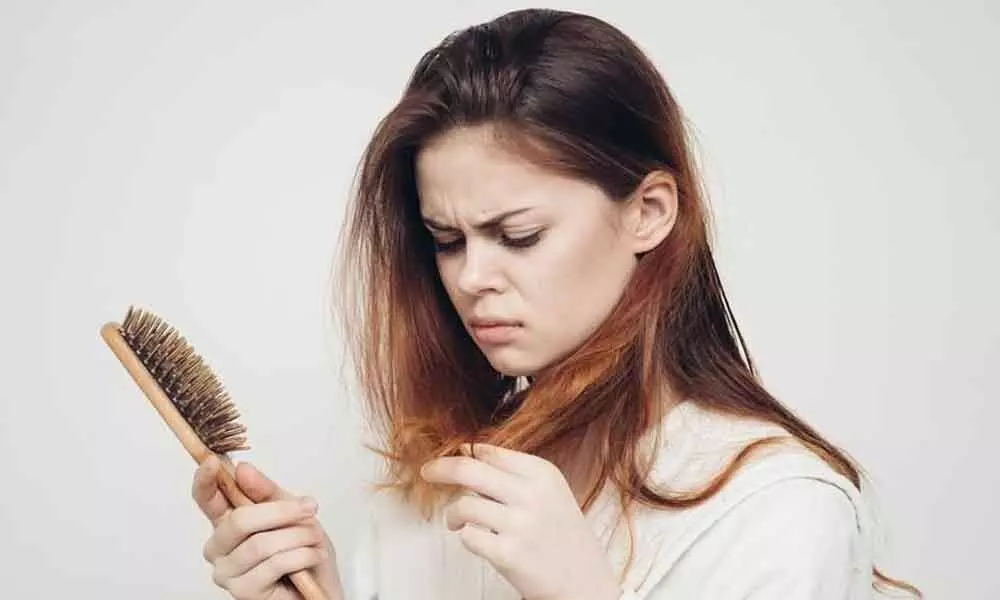Seasons undoubtedly show impact on hair transplantation

Seasons undoubtedly show impact on hair transplantation
Choosing to have a hair transplant is a significant step because it entails completely changing your personality.
Choosing to have a hair transplant is a significant step because it entails completely changing your personality. It is immediately seen by everyone, and it has the potential to increase certain people's self-esteem and self-image. Seasons undoubtedly have a profound impact on our bodies.
"The changes in the face and hair are more obvious than the alterations in the internal organs. As a result, one should consider the seasonal influence before making any modifications to one's hair", says Dr Amrendra Kumar, Consultant Dermatologist and Hair Transplant Surgeon, Director of DermaClinix.
"Hair transplant surgery is a minimally invasive treatment that involves extracting hair roots from behind the scalp or other regions of the body. Hair is removed from the bald spot and placed into it. The two most prevalent procedures for hair transplantation are follicular unit transplant (FUT) and follicular unit extraction (FUE)," he says.
The key distinction between these two treatments is the hair extraction method. FUT involves removing healthy hair follicles from the rear of the scalp's epidermis. Although this technique can yield great, natural-looking results, it is more intrusive and takes longer to heal.
Bio enhanced simultaneous transplant FUE method is a new FUE method that has been updated to provide higher graft survival. Hairs are implanted concurrently in this approach to decrease outside body time of the graft to a minimum, while no touch to root technique is used during implantation to avoid any injury to the hair roots, and liposomal ATP supplementation is used to deliver energy to the grafted follicles.
Flakes are more likely to form in the winter, but they may be readily controlled. If they become thickened and sticky, they can stifle new hair growth. Dr Amarendra says that hair transplantation is most effective when you are mentally and emotionally prepared for your new look and have sufficient free time, the disadvantages of both seasons can be avoided with modern household appliances. Stress can hinder hair development and healing, therefore it's also crucial to stay stress-free.
If all of the precautions indicated by the doctors are followed, there is no substantial difference in the results of winter and summer hair transplants. Rather than the season, the transplant surgeon's competence and expertise decide the outcome. Hair roots are implanted deep within the skin, where the temperature is typically stable and unaffected by external factors.
When it comes to hair transplantation, each season offers its own set of benefits and drawbacks. Winter, on the other hand, offers a variety of benefits.
Low sunburn risk
Without the summer sun, there is less risk of sweat or sunburn causing infection at the transplant site, resulting in a faster recovery for the patient.
Discreet recovery
The winter season is a busy time for people to travel. As a result, the holiday season allows patients to recover discreetly from their transplant by remaining at home (if they choose to). If they want to go outside, they can do so while wearing a hat. Summers, on the other hand, encourage healthier skin and implanted hair regrowth, according to recent research. Avoid direct sunlight and swimming for at least three weeks after the surgery throughout the summer. The healing process is hampered by direct sunshine, which destroys the implanted hairs.
While various factors influence a hair transplant, the final decision is yours to make as long as you maintain continuous follow-up treatment. The timing you choose should, in most situations, have no bearing on your recovery process.











